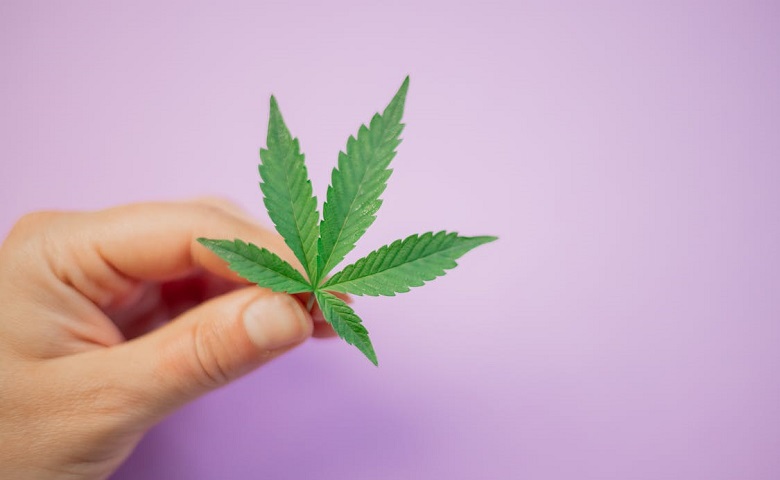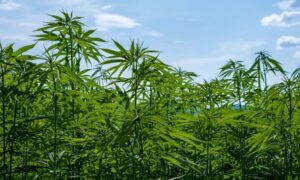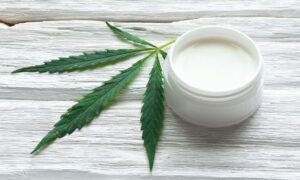CBD vs THC: What’s the Difference?

As cannabis becomes more legal in the US, you may have heard two related acronyms thrown around: CBD and THC.
Cannabis contains over 113 different chemical compounds (aka cannabinoids), and CBD and THC are the two most major.
In this article, we’ll go over what CBD and THC are, what similarities they share, and how they are different.
Let’s get started!
What is CBD?
CBD is an acronym for cannabidiol. It’s a cannabinoid usually sourced from hemp (though it can come from marijuana as well).
It does not produce a high, but it has many medical benefits. It can be used to treat all of the following:
- Anxiety
- Depression
- Inflammation
- Migraines
- Post-traumatic stress disorder (PTSD)
- Seizures
However, it can also cause some side effects, including the following:
- Changes in mood and appetite
- Drowsiness
- Nausea
- Dizziness and lightheadedness
- Low blood pressure
- Crankiness
- Fatigue
- Diarrhea
What is THC?
THC stands for tetrahydrocannabinol. It typically comes from the marijuana plant and produces a high, while also having many health benefits.
THC can help treat all of the following:
- Glaucoma
- Insomnia
- Nausea caused by cancer treatment
- Nerve pain
- Pain from arthritis, fibromyalgia, multiple scleroris, and migraine headaches
- Poor appetite
- Tremors from Parkinson’s disease
Side effects can include the following:
- Problems with concentration
- Dizziness
- Vomiting
- Drowsiness
- Balance issues
- Memory loss
Differences between CBD and THC
If you’re interested in trying CBD or THC, it’s important to understand the differences between the two. We’ve already alluded to some, but the main differences to keep in mind are that CBD usually comes from hemp and does not produce a high, while THC usually comes from marijuana and does produce a high.
There are also some legal differences you should know. Under the federal 2018 Farm Bill, cannabis is legal so long as it contains no more than 0.3% THC by dry weight basis. That means it’s easier to get CBD.
However, cannabis laws vary by state. The use of cannabis for medical purposes is currently legal in 37 states, 4 territories, and the District of Columbia. The use of recreational marijuana is only legal in 19 states.
So be sure to check your state’s specific laws before trying CBD or THC. But again, you have a better chance of being able to use CBD than THC.
Similarities between CBD and THC
Now that you know the differences between CBD and THC, here are some of their similarities:
First of all, both have the same chemical structure (i.e. they are isomers): 21 carbon atoms, 30 hydrogen atoms, and 2 oxygen atoms (C21H30O2). The molecules are just arranged differently.
Both CBD and THC were discovered in the early 1940s by scientists who managed to isolate them from the cannabis plant. Though CBD is found predominantly in hemp and THC in marijuana, both types of cannabis contain both cannabinoids.
Both CBD and THC help you relieve stress, anxiety, and even insomnia as they both affect pain, mood, sleep, and memory.
And finally, CBD and THC can both be consumed in many ways, including through vaping, edibles, tinctures, drinks, capsules, and even suppositories.
Final thoughts
Whether you try CBD or THC is ultimately up to you. Both are helpful for different conditions. Whatever you do, consult your doctor first before using. You wouldn’t want to have an allergic reaction or an adverse side effect. A doctor will know what’s safe for you to use.
Since both CBD and THC are relatively new substances, you need to take extra caution before using.
















